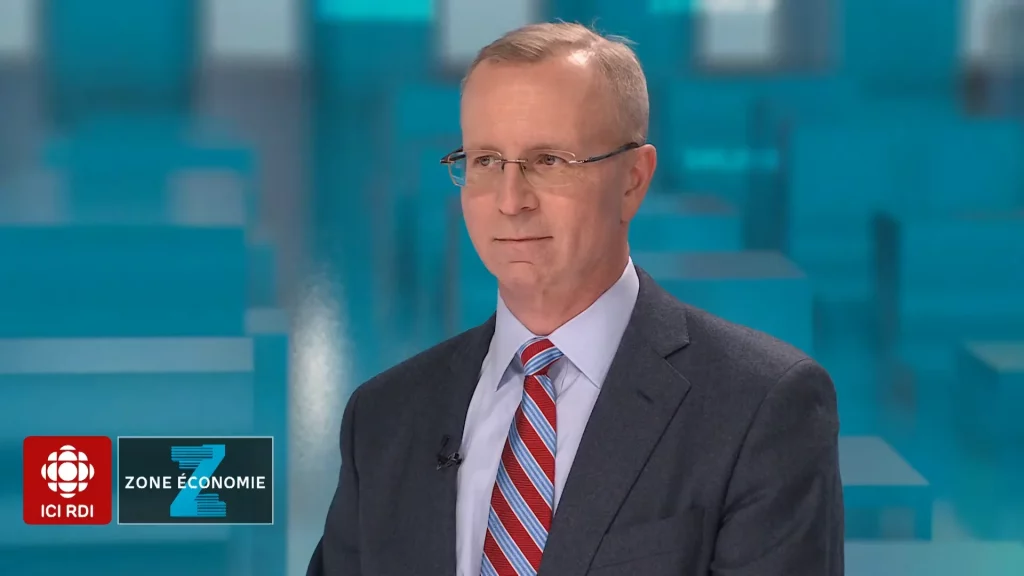Playing with emotions


As a financial planner, we know that the investor’s worst enemy is his own emotions. This vibrant and dogmatic view makes him take decisions that the most seasoned investor would not take. He will be wrong 9 times out of 10, if not more. Past history teaches us that for such a decision to be successful, it requires 3 ingredients that must occur simultaneously.
1. The nature and intensity of the identified risk must be accurate.
2. It requires an just assessment of the impact on the portfolio (not the market).
3. It requires making a decision in effective synchronization with the occurrence of the risk.
In short, even the most sophisticated analysts are not able to predict the unpredictable. What more is there to say?
Three weeks ago, Mr. François Trahan – Wall Street’s renowned macroeconomic strategist – gave an interview to Gérard Fillion of RDI Économie (inserted below). In this interview, he lists a series of economic factors that represent risks. All of these items correlate with the consensus view of the financial analysts we consult. Everyone is reading from the same page as Mr. Trahan about sticky inflation, interest rates, potential unemployment, consumer spending faltering, potential decline of some vulnerable sectors, etc. However, where everyone falls off is on his apocalyptic vision of a few months from now… and furthermore, that investors have 2-3 months to react and find refuge.
In the probability matrix of financial analysts, this black scenario is present, but it is extremely unlikely.
Mr. Trahan certainly deserves a lot of credit for his accomplishments over the last 20 years. However, without undermining his credibility, he does not have only successes to show for it. Some of his predictions have not come true. For example, in 2017, he had predicted a decline of -15% on the S&P500 while this index ended at +22%. Or in May 2019, he predicted a decline of -10% for the rest of the year for that same S&P500 index when it ended the year at +27% above that prediction.
So what is Mr. Trahan’s agenda in playing with investors’ emotions at RDI? What is his objective in wanting to accentuate the uncertainty? Would he have an interest in seeing the market collapse? Or, by being an independent analyst of any major institution, does he want to attract attention to increase the consumption of his research? Would you be willing to take a stand on this? I certainly would not. Let’s remember that in the past, at each of the sequences loaded with uncertainty, there are those predictors of economic disaster who hope to hit that 4-point home run…
However, it is our responsibility to listen to them and to consider these views with caution. Perhaps he will be right this time? Time will tell.
But let’s establish the fundamental difference between being a macroeconomic strategist and a portfolio manager. The strategist tries to predict the direction of the various economic indicators, while the manager tries to select high quality securities that will be profitable under any circumstances, based on the strategist’s premise.
Two timeless quotes from great investors illustrate this point perfectly:
“Quite frankly, I don’t pay attention to what economists say. Think about it. You have all these economists with an IQ of 160 who spend their lives studying the market. Can you name me one ultrarich economist who made a fortune in the stock market? No. ”
– Warren Buffet
“Much more money has been lost by investors who have tried to outsmart the market, than in all the corrections combined in the history of the stock market.”
– Peter Lynch
That is why we encourage our partners to rely on the agreed upon investment policy statement when opening their file and when reviewing it. Actively and intelligently applied diversification prevents emotionally driven decision making and acts defensively when necessary, as it is doing now. In our opinion, trusting your game plan (well analyzed and reviewed wisely) is the best decision, whether you are a conservative or growth-oriented investor.